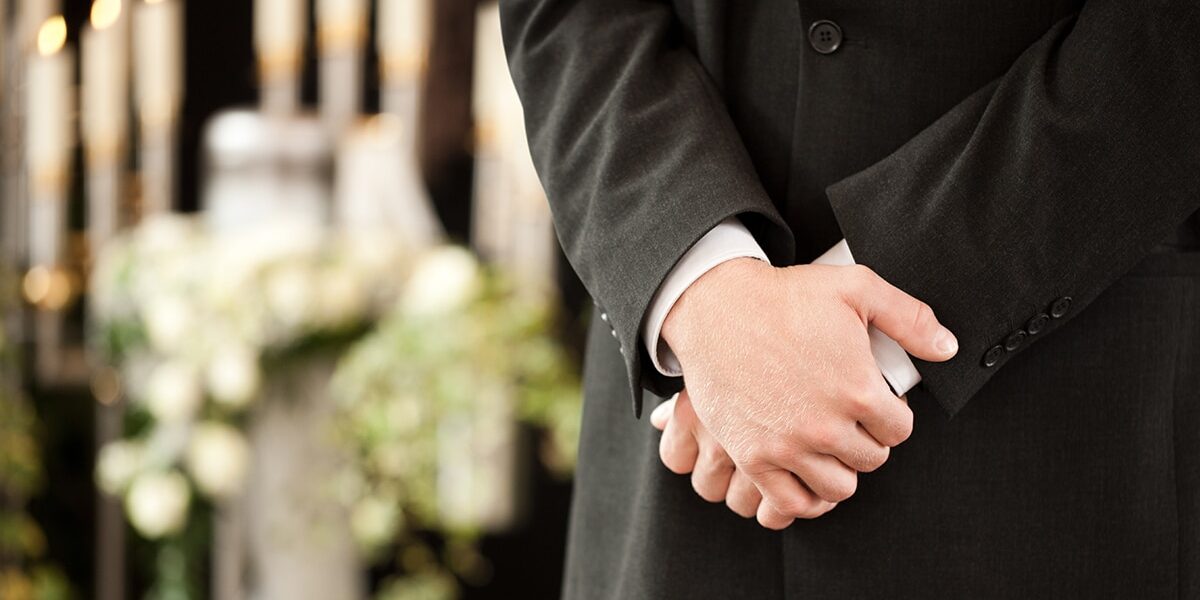Funeral services are a crucial aspect of human society, serving as a means to honor and commemorate the departed. Beyond the solemnity of the occasion, there are various aspects and traditions surrounding funeral services that many may not be aware of. In this article, we delve into some lesser-known facts and practices associated with funeral services, shedding light on their significance and cultural variations.
Origins and Evolution
Funeral services trace their origins back to ancient civilizations, where rituals were performed to honor the deceased and facilitate their journey into the afterlife. These rituals varied greatly across cultures, ranging from elaborate ceremonies to simple burial rites. Over time, funeral practices evolved, influenced by religious beliefs, cultural norms, and societal changes.
In ancient Egypt, for instance, elaborate burial rituals were conducted to ensure a smooth transition into the afterlife. The deceased were mummified and buried with items believed to be necessary for the journey beyond. Similarly, ancient Greeks practiced funeral rites, including cremation or burial, accompanied by rituals to honor the dead and appease the gods.

Cultural Variations
Funeral customs vary widely across different cultures and religions, each reflecting unique beliefs and traditions. In some cultures, such as Hinduism, cremation is the preferred method of disposing of the deceased, as it is believed to release the soul from the body. On the other hand, cultures like Judaism emphasize prompt burial, often within 24 hours of death, as a sign of respect for the deceased.
In Japan, Buddhist funeral rites involve a series of rituals, including purification, chanting, and offerings, aimed at guiding the departed soul to the afterlife. In contrast, traditional Irish funerals may feature lively wakes, where friends and family gather to celebrate the life of the deceased with music, food, and storytelling.
Modern Funeral Practices
In contemporary society, funeral practices continue to evolve, reflecting changing attitudes towards death and mourning. While traditional religious ceremonies remain prevalent, alternative approaches, such as eco-friendly or virtual funerals, are gaining popularity.
Eco-friendly funerals, for example, prioritize sustainability by opting for biodegradable caskets or natural burial sites. Virtual funerals, on the other hand, utilize technology to allow mourners from around the world to participate in the service remotely, providing a sense of closure and connection despite physical distance.
Funeral Etiquette
Attending a funeral can be a solemn and emotionally challenging experience, and understanding funeral etiquette is essential to showing respect and support for the grieving family. Proper etiquette includes dressing appropriately in dark, conservative attire, arriving on time, and offering condolences to the family.
During the service, it is customary to maintain a respectful demeanor, refraining from loud conversation or disruptive behavior. After the service, expressing condolences and offering assistance to the bereaved can provide comfort and support during their time of mourning.
Conclusion
Funeral services play a significant role in honoring the departed and providing comfort to the grieving. From ancient burial rites to modern eco-friendly practices, funeral customs have evolved over time, reflecting the diverse cultural and religious beliefs surrounding death and mourning. By understanding the traditions and etiquette associated with funeral services, we can show compassion and support for those experiencing loss while honoring the memory of the deceased.



